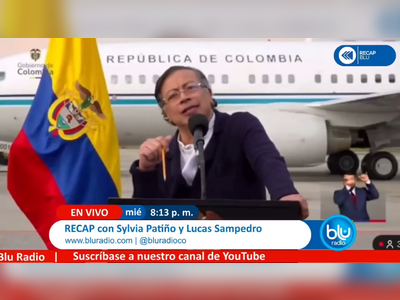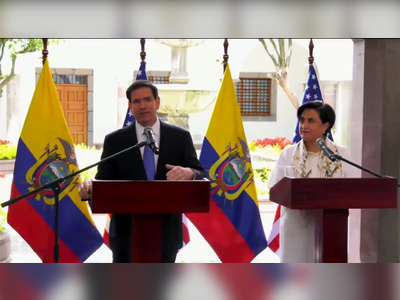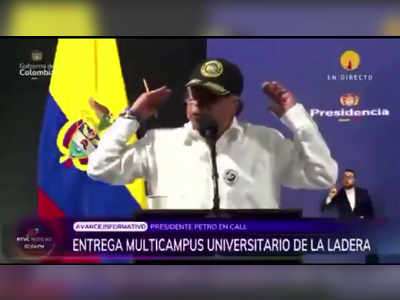Pope Francis Praises Costa Rican Coffee as the World's Best
In a papal audience, Pope Francis reiterates his admiration for Costa Rican coffee while addressing the global issue of child welfare.
During the first papal audience of the year, held this Wednesday at the Vatican, Pope Francis once again expressed his fondness for Costa Rican coffee, claiming it to be 'the best coffee in the world.' The remarks were made in the presence of a group of Costa Ricans, including the Bishop of Ciudad Quesada, José Manuel Garita Herrera.
Bishop Garita presented Pope Francis with a bag of Costa Rican coffee during the audience, stating, 'I told the Holy Father that I came with the Jubliee Pilgrimage, bringing the best coffee in the world, to which he smiled.' The Bishop also sought blessings for his diocese, the pilgrims, and the entire nation of Costa Rica.
The event took place as part of a pilgrimage by a delegation from the Diocese of Ciudad Quesada, consisting of 47 laypeople, two priests, and Bishop Garita himself.
This pilgrimage was organized in anticipation of the Jubilee Year 2025, an event of significant importance in the Catholic faith.
Amid the lighthearted discussion about coffee, Pope Francis also delivered a poignant message concerning the welfare of children worldwide.
Emphasizing the teachings of the Scriptures, he acknowledged children as a gift from God while lamenting the harsh realities faced by many, including hunger, disasters, disease, and war.
Pope Francis was resolute in his call to action, urging Christians to protect children from various forms of abuse and neglect.
He took a firm stance against child labor, which he described as a practice that 'erases smiles and dreams' and hinders children from realizing their potential.
The pontiff underscored that children hold a special place in God's heart, warning that those who harm them would have to answer to a higher authority.
This dual focus on the cherished cultural practices and pressing global issues highlights Pope Francis's commitment to both celebrating cultural identities and addressing social injustices.
The inclusion of Costa Rican coffee in this context underscores its cultural significance while serving as a prelude to more pressing humanitarian concerns.
Bishop Garita presented Pope Francis with a bag of Costa Rican coffee during the audience, stating, 'I told the Holy Father that I came with the Jubliee Pilgrimage, bringing the best coffee in the world, to which he smiled.' The Bishop also sought blessings for his diocese, the pilgrims, and the entire nation of Costa Rica.
The event took place as part of a pilgrimage by a delegation from the Diocese of Ciudad Quesada, consisting of 47 laypeople, two priests, and Bishop Garita himself.
This pilgrimage was organized in anticipation of the Jubilee Year 2025, an event of significant importance in the Catholic faith.
Amid the lighthearted discussion about coffee, Pope Francis also delivered a poignant message concerning the welfare of children worldwide.
Emphasizing the teachings of the Scriptures, he acknowledged children as a gift from God while lamenting the harsh realities faced by many, including hunger, disasters, disease, and war.
Pope Francis was resolute in his call to action, urging Christians to protect children from various forms of abuse and neglect.
He took a firm stance against child labor, which he described as a practice that 'erases smiles and dreams' and hinders children from realizing their potential.
The pontiff underscored that children hold a special place in God's heart, warning that those who harm them would have to answer to a higher authority.
This dual focus on the cherished cultural practices and pressing global issues highlights Pope Francis's commitment to both celebrating cultural identities and addressing social injustices.
The inclusion of Costa Rican coffee in this context underscores its cultural significance while serving as a prelude to more pressing humanitarian concerns.











